SEA-Quester
SEA-Quester is investigating marine carbon cycling in novel ecosystems in the polar seas that are emerging due to climate change. Melting sea ice, changing currents, and a warmer ocean are already changing species distribution, behaviour, and metabolism. How these will further impact marine biodiversity and ecosystem functions and services, like carbon sequestration, in the polar seas is poorly understood. However, this potentially has large consequences for meeting biodiversity and climate change mitigation targets.
SEA-Quester runs from 1 February 2024 to 31 January 2028, and is a collaboration between the following partners: Technical University of Denmark, DTU-Aqua (Denmark, Lead), University of Bremen (Germany), Greenland Climate Research Centre, Greenland Institute of Natural Resources (GINR, Greenland), Alfred-Wegener Institute, Helmholtz Centre for Polar & Marine Research (Germany), Leibniz-Institute for Baltic Sea Research (IOW, Germany), Åbo Akademi University (Finland), Institute of Oceanology, Polish Academy of Sciences (IOPAN), GRID-Arendal (Norway), Hereon Helmholtz-Zentrum (Germany), Imperial College London, and Aarhus University (Denmark).
SEA-Quester received funding under Grant Agreement No: 101136480. Our sister project, Polar Ocean Mitigation Potential (POMP) was also funded under the same call HORIZON-CL6-2023-CLIMATE-01-3.
Project Partners
Our partners span not only a wide geography, but also a wide range of scientific disciplines, bringing together physical, chemical, biological, and geological specialties. From the coast to the open ocean, from shallow waters to the dark depths, we are bringing our interdisciplinary expertise to bear on polar blue carbon! Click on the links below to learn more about the SEA-Quester partners.
The SEA-Quester Team
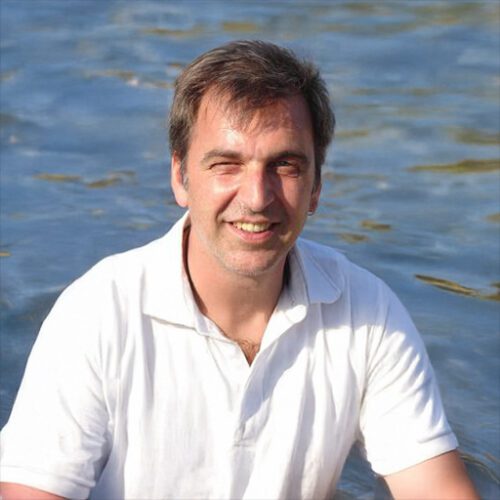
Andre Visser
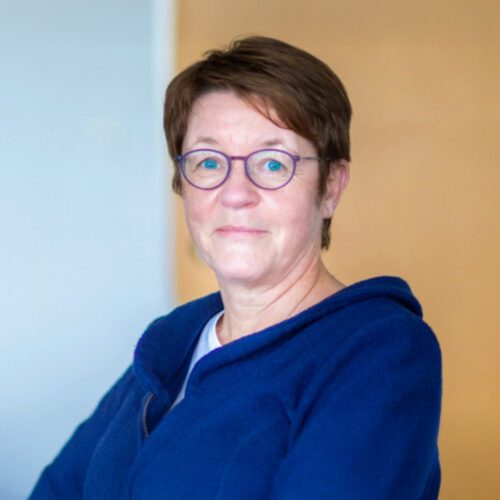
Andrea Gottlieb

Anna Lyubavina
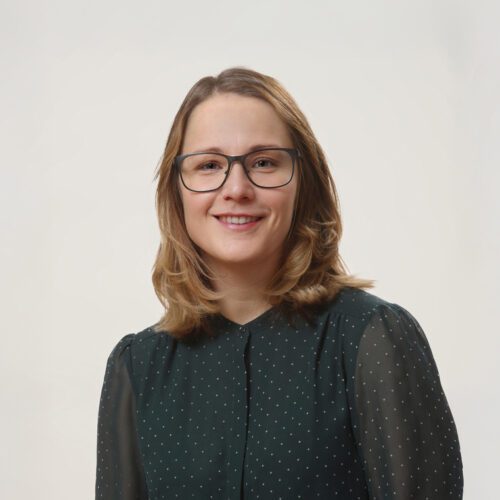
Anna Törnroos-Remes
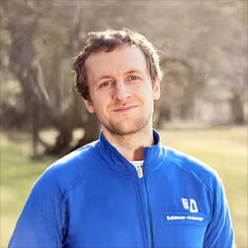
Artur Palacz
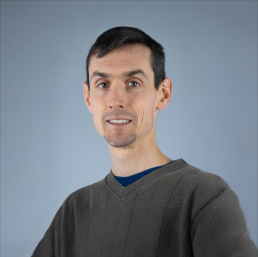
Bryce Van Dam
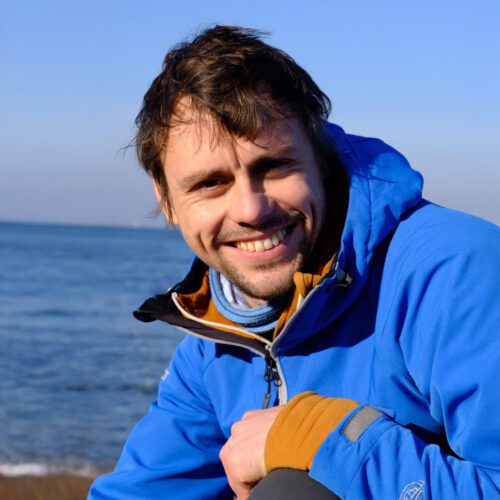
Christian Pansch-Hattich
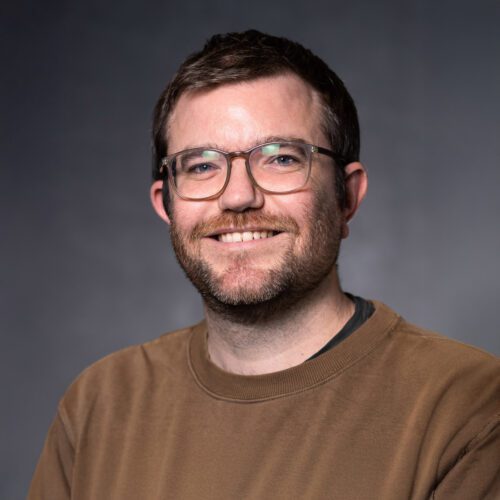
Christof Pearce
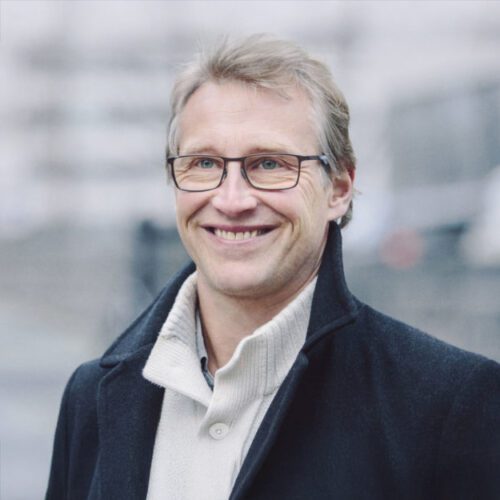
Christoffer Boström
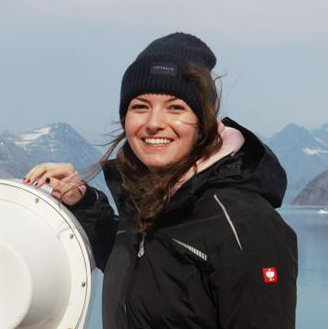
Claudia Schmidt
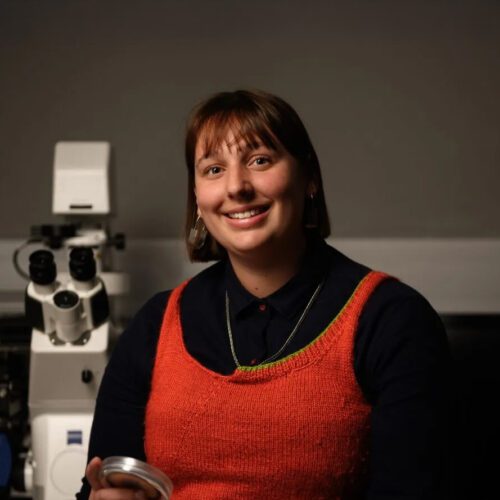
Cordelia Roberts
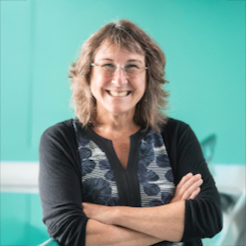
Debbie Stienberg
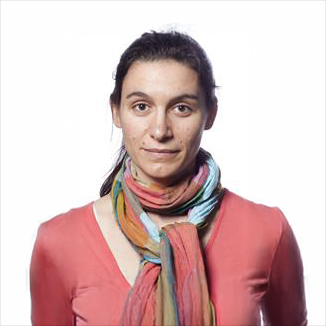
Dina Natalia Berenstein
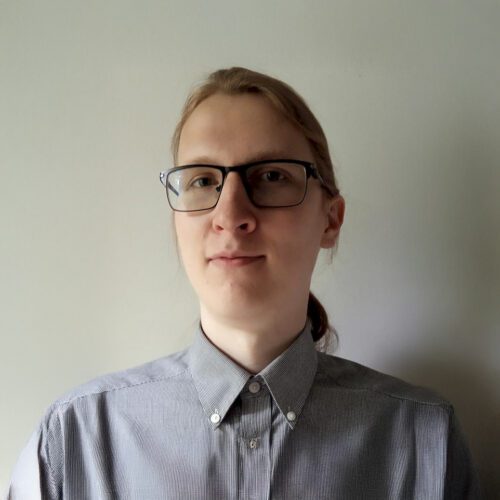
Dominik Lis
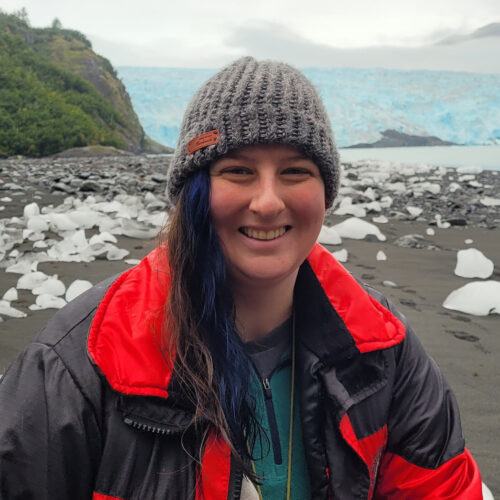
Emily Stidham
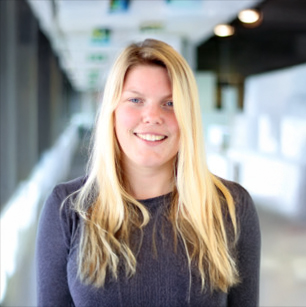
Emma L Cavan
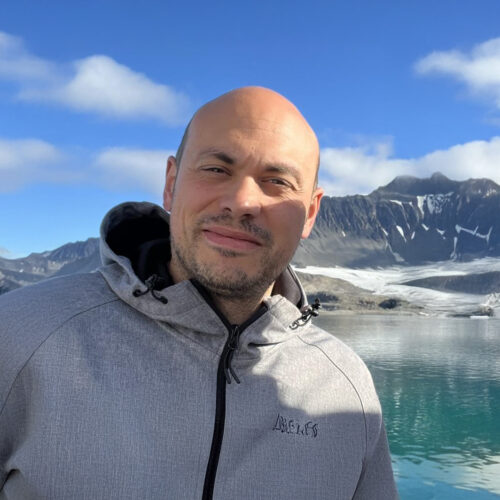
Fernando Aguado Gonzalo

Giulia Röeg
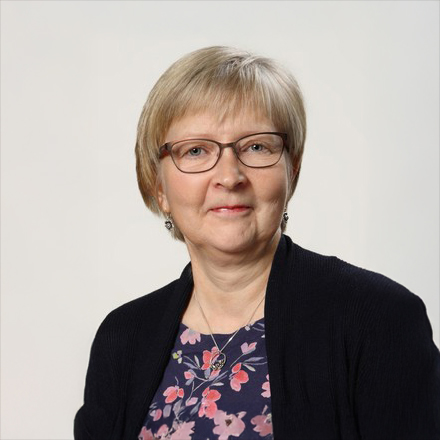
Gundel Westerholm
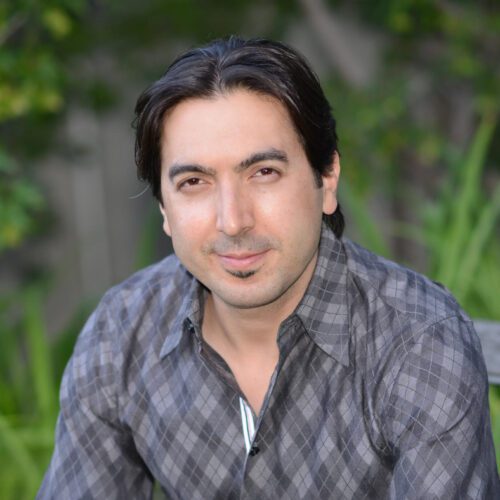
Hamed Sanei
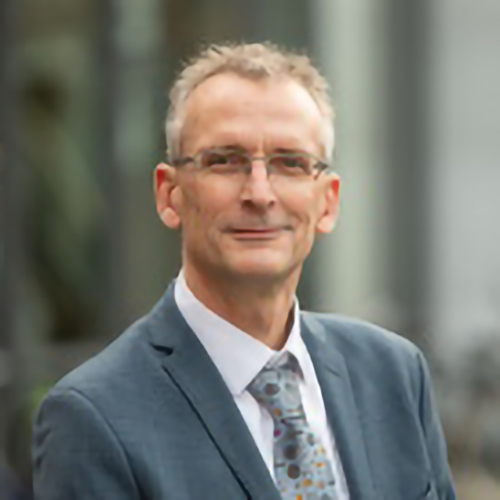
Helmuth Thomas
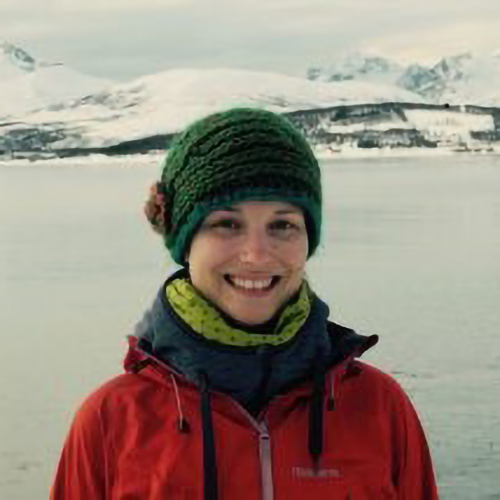
Henrieka Detlef

Joanna Stoń-Egiert

Jörg Dutz
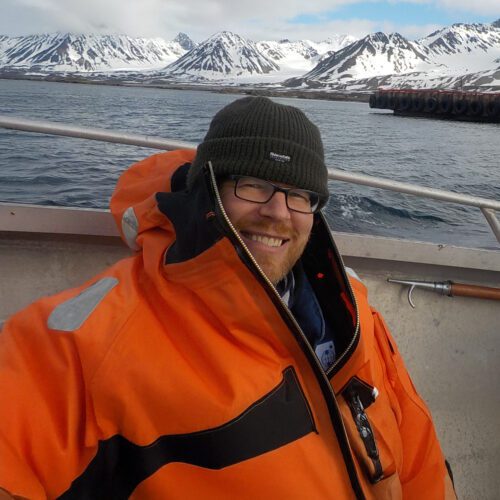
Kai Bischof
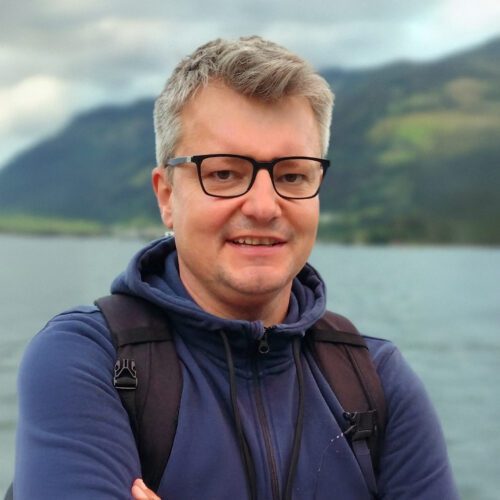
Karol Kuliński
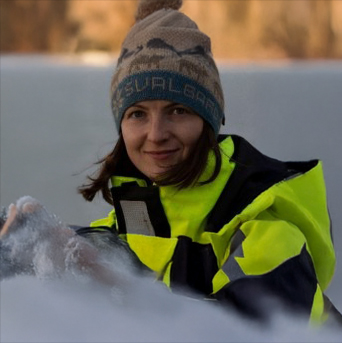
Katarzyna Dragańska-Deja
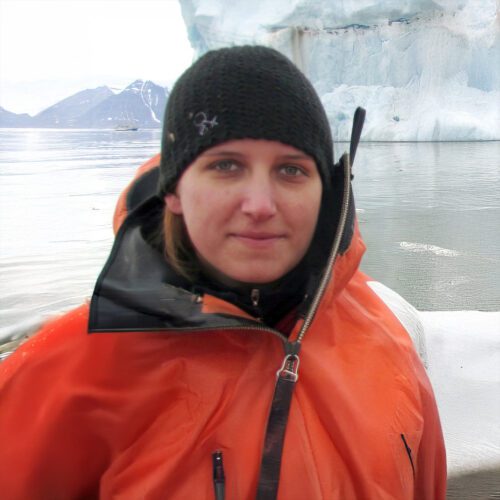
Katarzyna Koziorowska
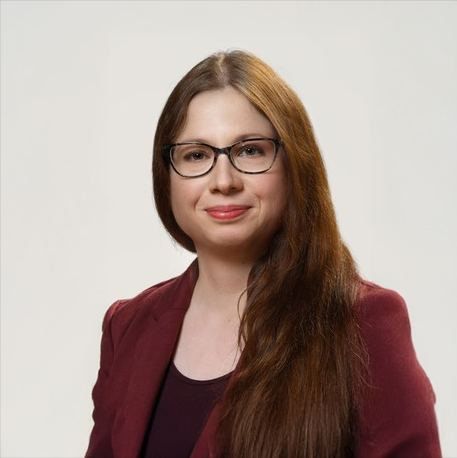
Kati Kemppainen
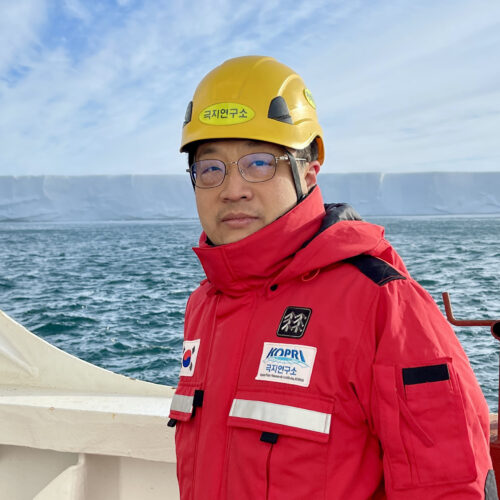
Keyhong Park
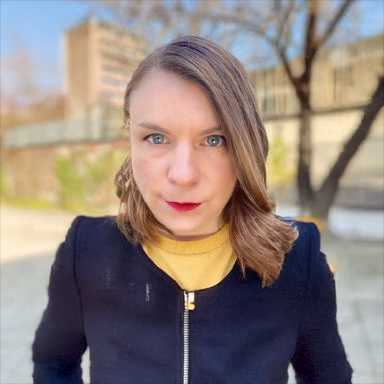
Kristin Doering
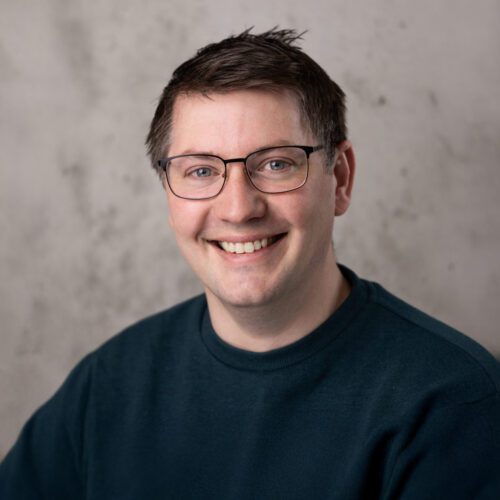
Lorenz Meire
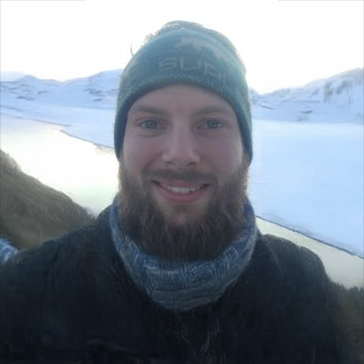
Mads Ramsgaard Stoltenberg

Marcin Wichorowski
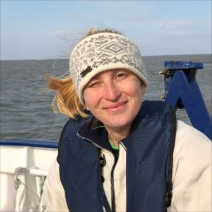
Maren Staniek
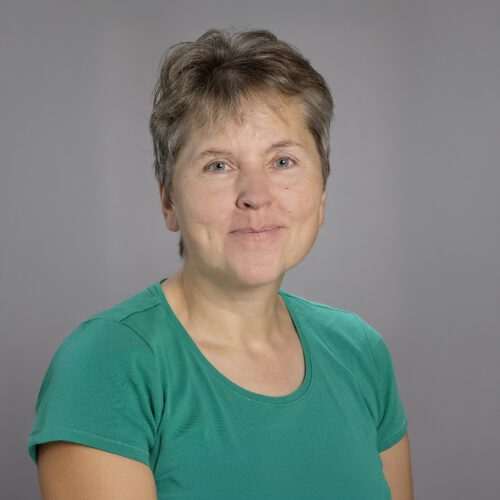
Maren Voss
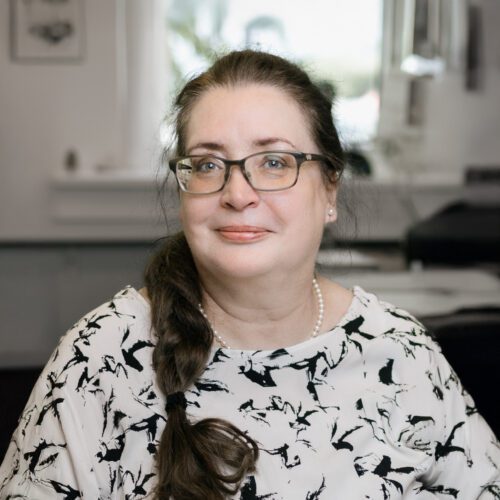
Marit-Solveig Seidenkrantz
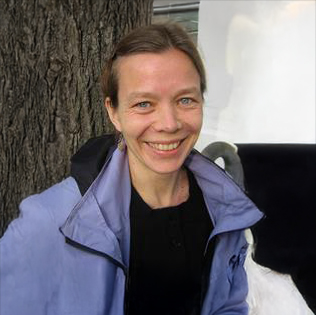
Marja Koski
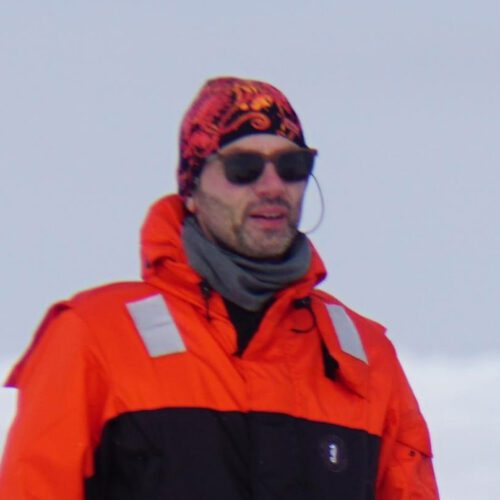
Michael Karcher
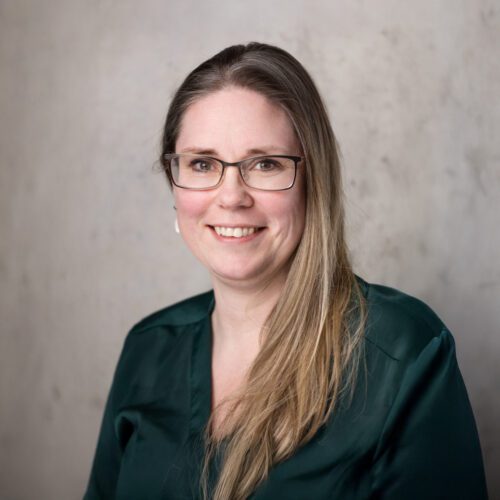
Mie S. Winding

Mirek Darecki
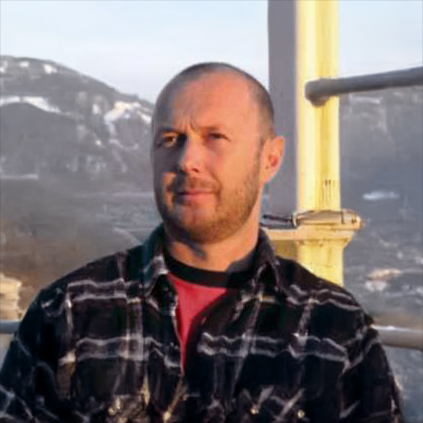
Miroslaw Darecki
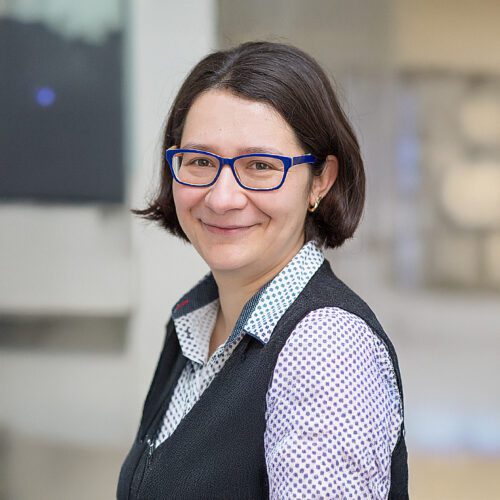
Monika Kędra
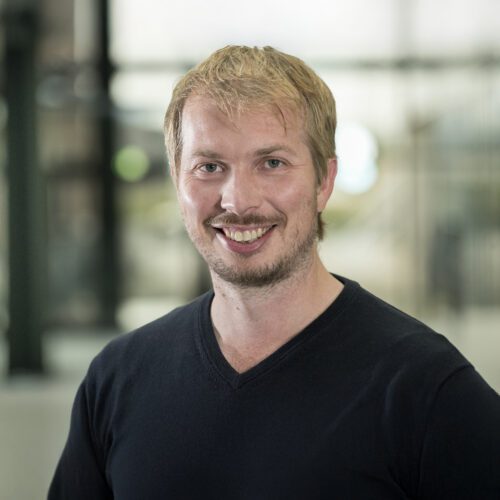
Morten Iversen
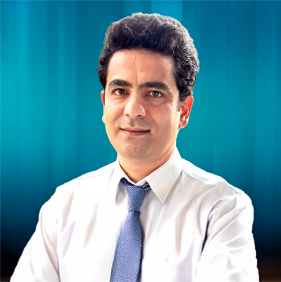
Nasrollah Moradi
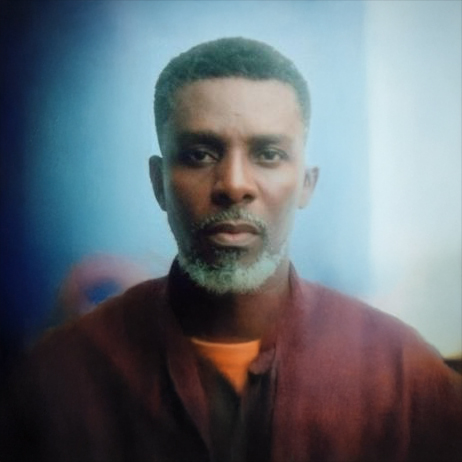
Ndubuisi Ukpabi
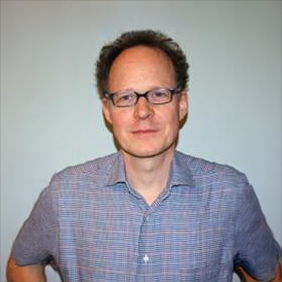
Ole Henrik Haslund
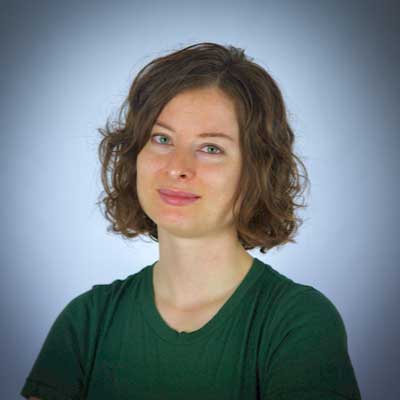
Olivia Rempel
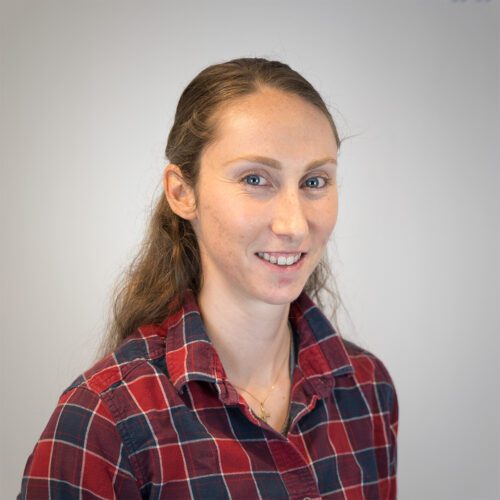
Paige Hellbaum Eikeland
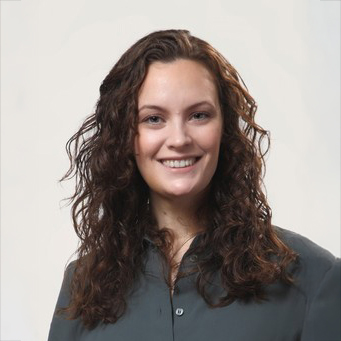
Phoebe Armitage
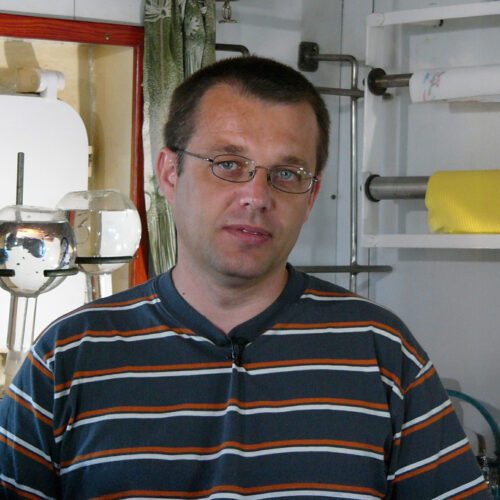
Piotr Kowalczuk
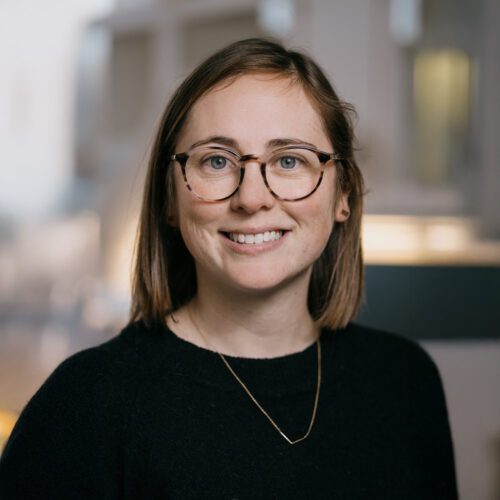
Rachel Lupien
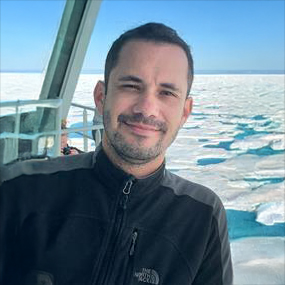
Rafael Goncalves-Araujo
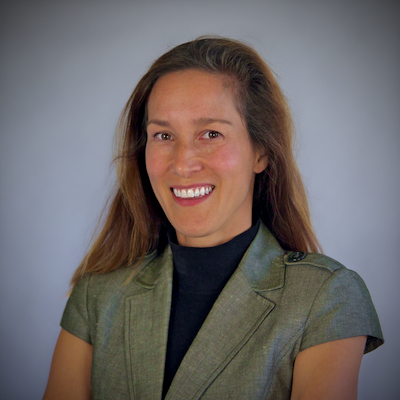
Sabrina Heerema
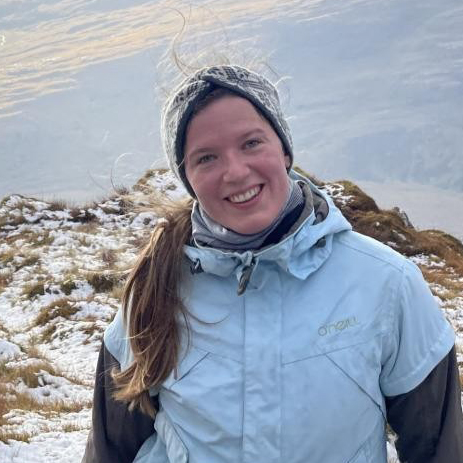
Sarah Ferrandin
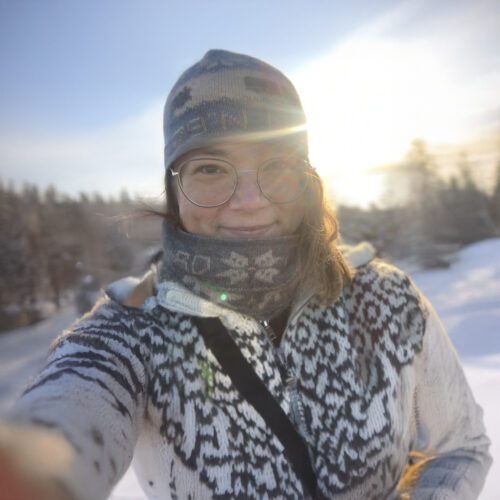
Sarina Niedzwiedz

Sha Ni
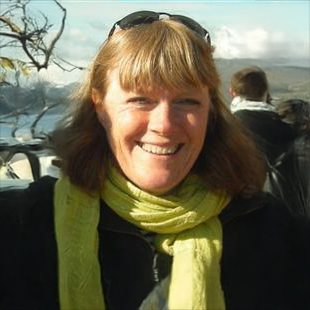
Sigrun Jonasdottir
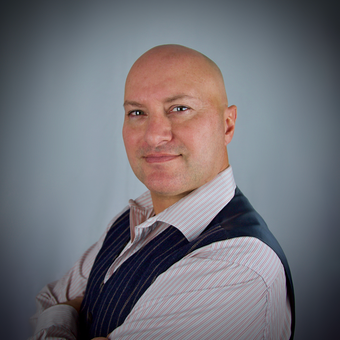
Steven Lutz
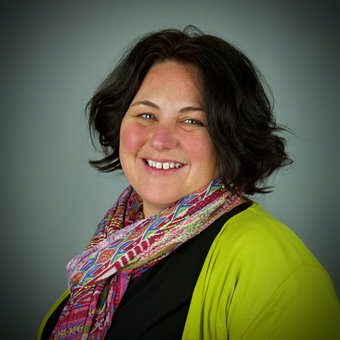
Tina Schoolmeester
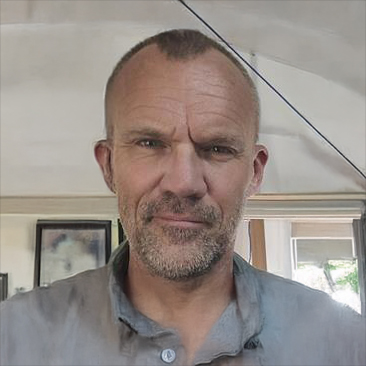
Torkel Nielsen
No Results Found
Vacancies
Maybe you see yourself in polar blue carbon? SEA-Quester will be hiring several post-docs and PhD students over the course of the 4-year project.
Feedback
Thank you for visiting our website! Your feedback is very important to improve our information products.
The survey will take approximately 4-6 minutes to complete.
Analytics tools can give you a lot of quantitative information about where your website’s visitors come from, but they’ll never be able to give you the qualitative data that asking questions provides.









